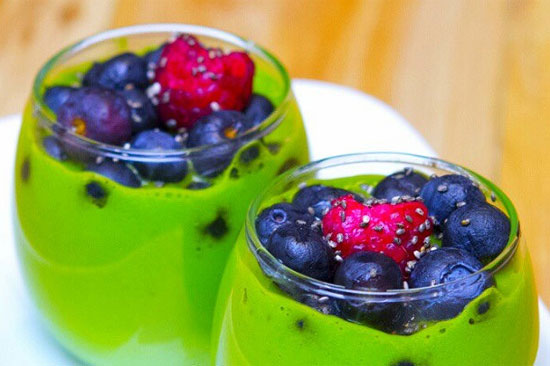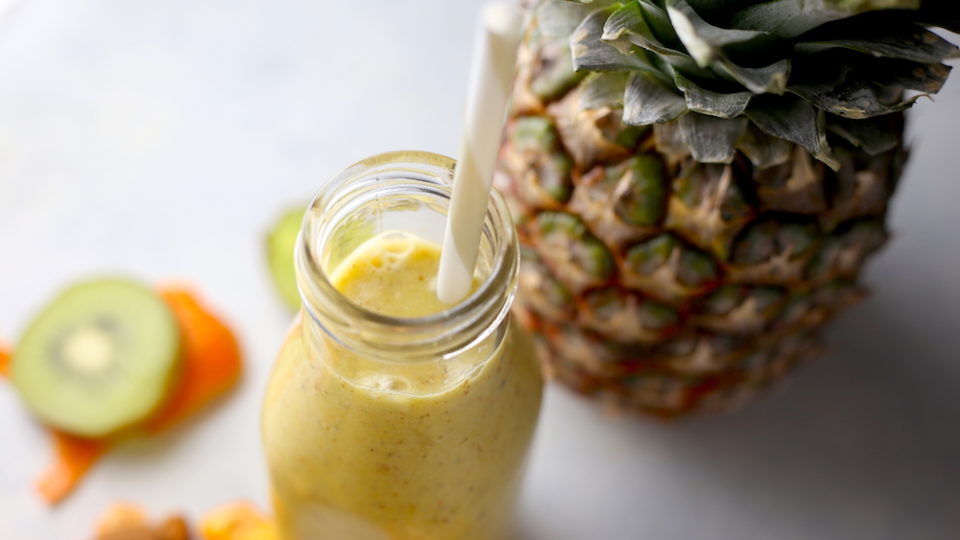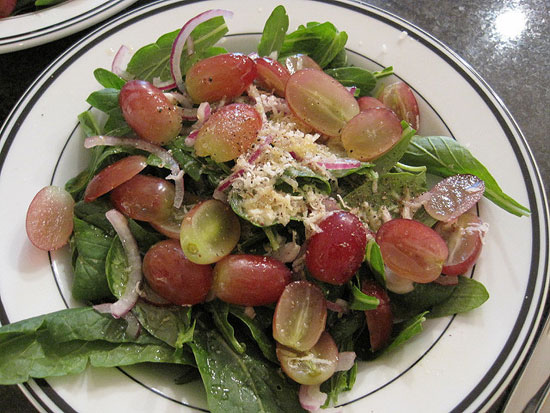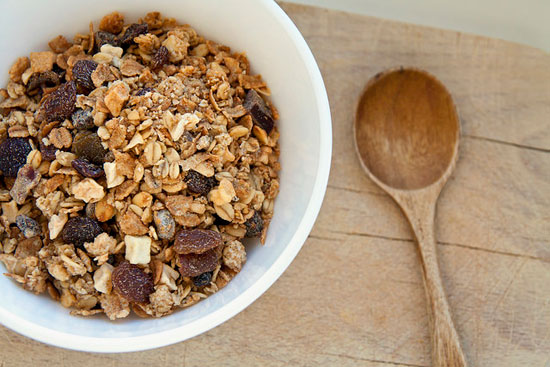Whole oats are one of the healthiest foods on the planet: these gluten-free grains are packed with minerals, vitamins, antioxidants and fiber, and should be an everyday food staple.
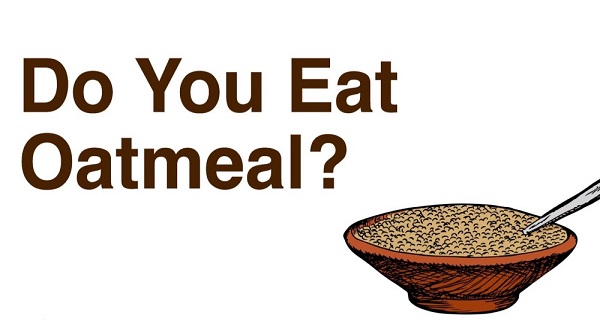
Health Benefits of Oats
Studies have shown that whole oats lower blood sugar and bad cholesterol levels and reduce the risk of heart disease. On top of that, they have been shown to help with weight loss.
Highly nutritious, they are a great source of fiber and healthy carbs. Rich in important vitamins, minerals and antioxidants like manganese, magnesium, phosphorus, zinc, iron, folate and Vitamin B and E, whole oats are among the most nutrient-dense foods.
Since oats contain Beta-Glucan, a powerful soluble fiber, they can also help with digestion, reduce inflammation and the risk of heart attacks and strokes.
Additionally, since oatmeal is very filling, nutritious, not to mention delicious, it can help with weight loss.
When and How to Eat Oatmeal
Oatmeal is traditionally consumed for breakfast, although oats are often a part of baked goods and healthy snacks such as granola bars, muesli, etc.
The best way to prepare oatmeal is to soak them overnight – this reduces anti-nutrients naturally present in all grains and makes them more digestible. All you have to do is use one-to-one ratio of water to oats and let them sit overnight. You can also add some flaxseeds and raw almonds to the mix, and you’ll get a properly soaked, healthy breakfast. To save time, you can also soak oats in big batches.
Here’s one easy, delicious oatmeal breakfast recipe:
- Soak your organic whole oats, flax seeds, and raw almonds overnight;
- In the morning, strain the mix, add organic milk or almond milk, some chia seeds, berries and strawberries.
- Add some cinnamon and coconut flour and sweeten it with a drop or two of liquid stevia or honey.
Enjoy!

